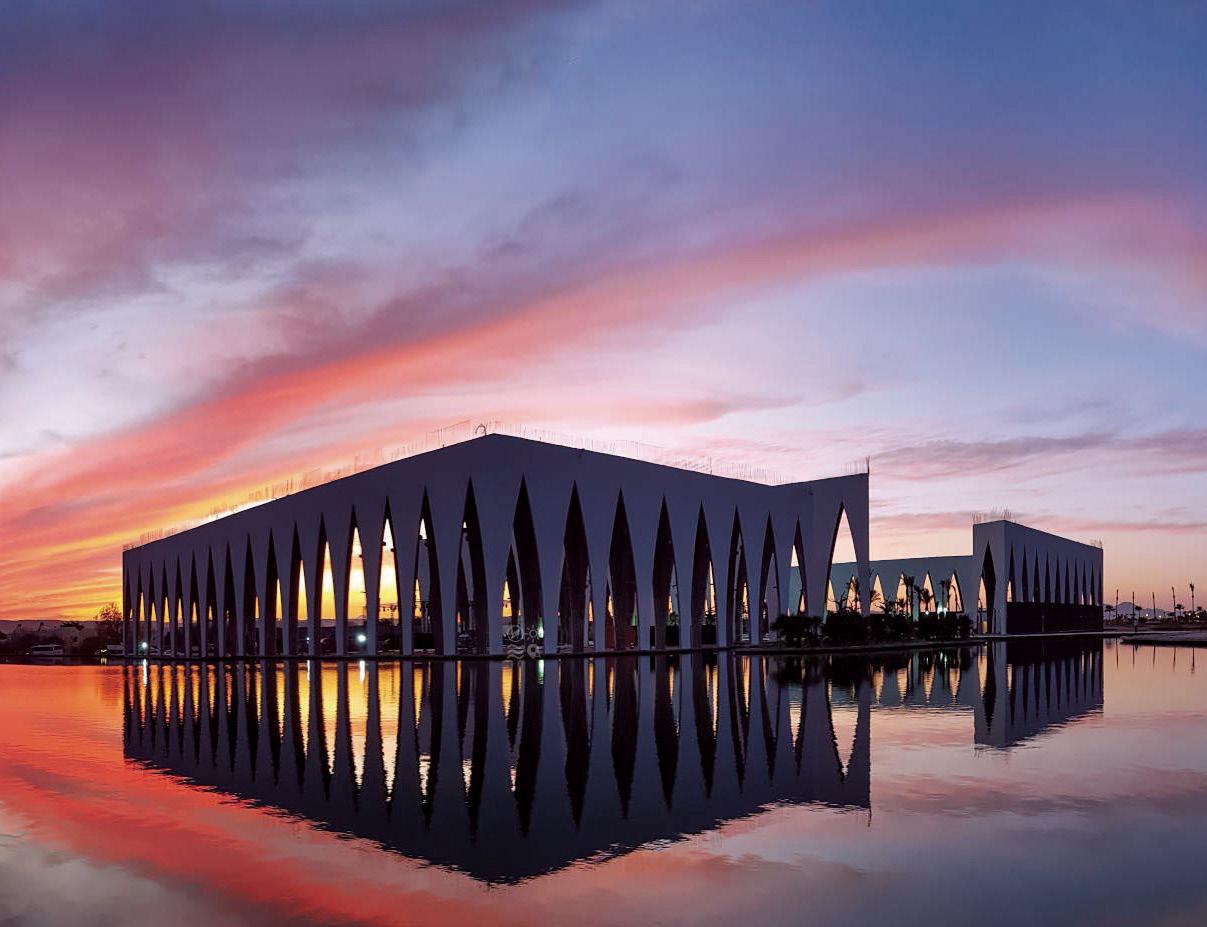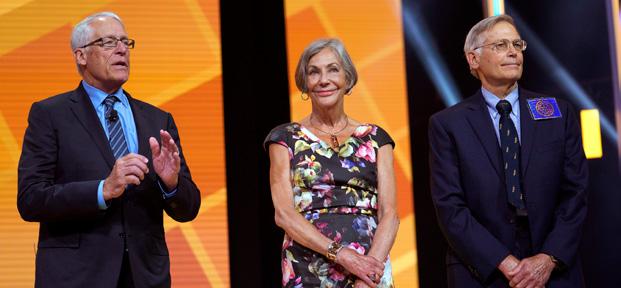T O P 1 0 0 A R A B F A M I LY B U S I N E S S E S 2 0 2 3
44
TOP 100 ARAB FAMILY BUSINESSES 2023 M Family Businesses Are Evolving And Unlocking Value
Methodology
ost of the top family-owned businesses in the Middle East either started off as dealers, agents, or distributors for international companies, with the most successful enterprises evolving by adding more services and sectors to their portfolios. However, recently more family businesses seem to be looking to access the region’s stock exchanges for growth. In our 2023 list of the Top 100 Arab Family Businesses, over 60% are major shareholders in a company listed on a regional stock exchange. Most of these listed companies’ family businesses were among the founding shareholders. These listings not only bring in capital but allow family members to unlock value, as well as improve transparency and governance. While there are now female board members in most family businesses in the Middle East, almost all the heads are still men. Only four of the top 100 family businesses have women leaders. Most of the companies on our list have stood the test of time, with six of the entries established in the 1800s. Saudi Arabia dominates with 33 entries and is home to four of the top 10 companies. The U.A.E. comes in close second place with 29 entries, followed by Egypt with nine, and Qatar with eight. Family businesses have also begun investing in startups, with the Mansour and Abdel Latif Jameel families investing in global startups. The Tamer Group acquired Mumzworld, a childcare e-commerce company, in 2021. Family businesses are still playing catchup in terms of sustainability, but as most are reaching the second or third generation, they have begun to change with the times. Many of them are bringing in corporate governance, establishing clear structures, and putting professional managers in place. A few companies have separate family boards and corporate boards, and several have non-family members on their boards. Most have a non-family member in the top management team. On the ESG front, the region’s family businesses are mostly focused on social causes rather than the environment. According to a 2023 PwC study, only 11% of family businesses have set targets around their environmental impact and only 38% regularly communicate how they are performing against non-financial indicators. While many are still focused on traditional business and, to a large extent, have stayed clear of tech, they will need to transform as tech continues to disrupt industries.
Businesses owned or run by Arab families were considered for the list. We collected information from stock exchanges, reports from consulting firms, and other primary sources. We ranked the family businesses based on the following:
• Country Saudi Arabia U.A.E. Egypt Qatar Kuwait
• Year of Establishment 33 29 9 8 6
Oman Bahrain Morocco Jordan Algeria
5 4 3 2 1
1800s
6
1900-1949
23
1950-1999
63
after 2000
8
• The size and value of the businesses they hold, including listed entities, real estate and hospitality assets, and revenues from other holdings. • Business activity in the last year, including IPOs, new project launches, and new investments. • How diversified the business is in terms of sectors and geographies. • The performance of their key businesses and the sectors in which they operate. • Age and legacy of the company. • Total number of employees.
11 billionaires
on our family business list, with a total net worth
$27.7B
To nominate yourself or someone else for our lists, email: info@forbesmiddleeast.com
F O R B E S M I D D L E E A S T.C O M
AUGUST 2023














